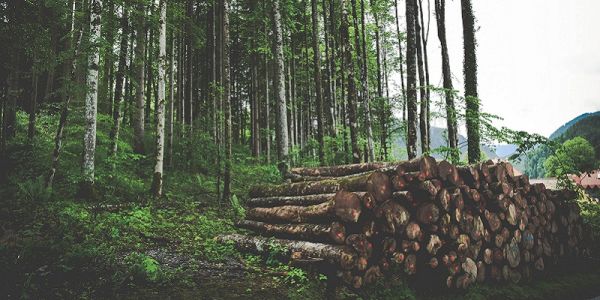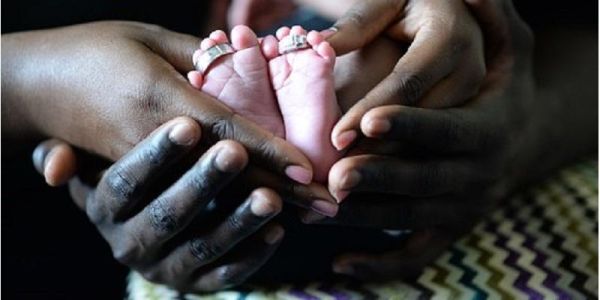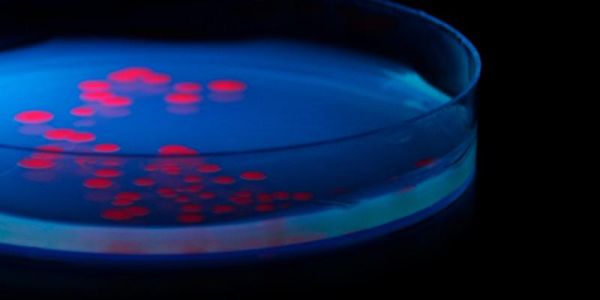
New insight into climate impacts of deforestation
Deforestation is likely to warm the climate even more than originally thought, scientists warn.

Deforestation is likely to warm the climate even more than originally thought, scientists warn.

Scientists have found fossil evidence of deep-sea marine life burrowing at least eight metres below the seabed – four times the previously observed depth for modern deep-sea life.

The complex and mysterious mechanisms that drive communication and reactions within human cells could be on the verge of being unravelled, due to a pioneering new technique.

Fewer women who suffer a heart attack each year in the UK would die if they were simply given the same treatments as men, according to new research.

A virus injected directly into the bloodstream could be used to treat people with aggressive brain tumours, a major new study reports.

Scientists are using imaging techniques usually used to map the brain to try and understand why some pregnant women miscarry or go into early labour.

River invertebrates react the same way to decreasing glacier cover wherever in the world they are, according to new University research.

Today our world is visually dominated by animals and plants, but this world would not have been possible without fungi, say University of Leeds scientists.

An antibiotic candidate compound shelved in the 1970s in favour of more promising drugs could be worth a second look, new research has found.

The pioneering DARE partnership between the University and Opera North is seeking applications from artists for the second DARE Art Prize.